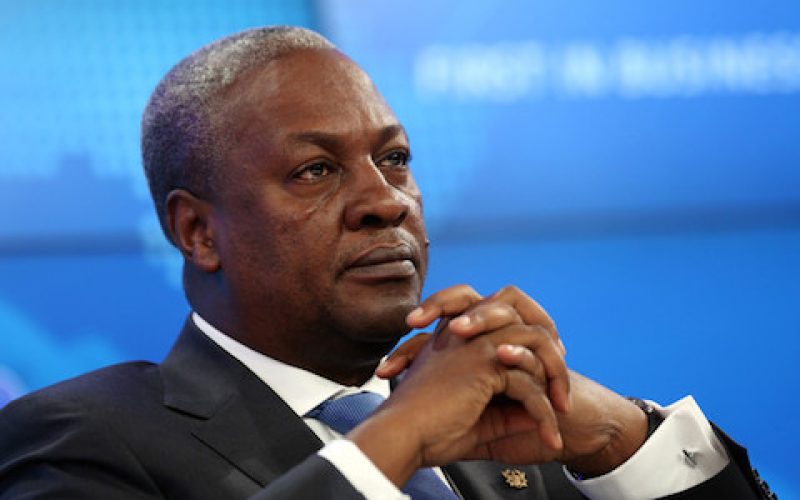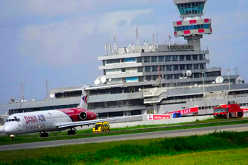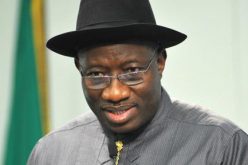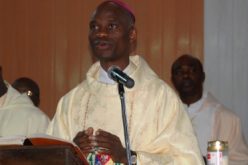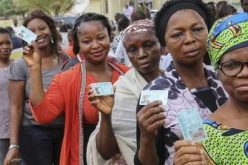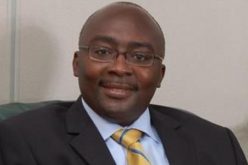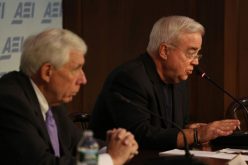 John Kelly, African Report – President John Dramani Mahama has disclosed that the economic transformation agenda of his government cannot be achieved within two years, stressing that, any actions with regards to the IMF negotiations will go beyond the election cycle.
John Kelly, African Report – President John Dramani Mahama has disclosed that the economic transformation agenda of his government cannot be achieved within two years, stressing that, any actions with regards to the IMF negotiations will go beyond the election cycle.
“The transformation agenda cannot be achieved in two years, and so any actions we’ll start with regards to negotiations with the IMF will go beyond the election cycle,” the President told The African Report recently in an interview.
President Mahama continued: “My eye is beyond 2016. Government is not looking for a short-term fix to the budget deficit. The IMF talks were about wider economic restructuring and reforming institutions, not simply a bailout.”
The economic transformation agenda initiated by the government was foremost to help improve and stabilise the Ghanaian economy by transforming it from one that is heavily dependent on imports, as well as the wholesale exportation of raw materials that do not fetch adequate revenue for the country.
Whatever Mahama thinks about the value of the IMF deal, senior officials in his party have their eyes overwhelmingly on the 2016 elections. The government of President Jerry John Rawlings axed tens of thousands of civil service jobs in the 1980s and 1990s when it secured a series of loans from the IMF and the World Bank.
There are now concerns about how that $1bn IMF cash would be used.
Ken Ofori-Atta, Executive Chairman of financial services company Databank and member of the opposition New Patriotic Party said he is worried about the signals a new IMF deal will send.
“When you see a bunch of students that are unable to discipline themselves, you do need a teacher in there. It’s a very sour pill to swallow,” he stated.
Although Mahama has been talking up economic transformation and local content, Mr. Ofori-Atta said the policy mix has to be changed.
“We need to come up with some tax reduction mechanism for industry so that we can boost it and create a special fund for industry. With the lack of reinvestment and lack of enthusiasm, people are moving away from manufacturing.”
The first two years have been something of a roller-coaster for Mahama’s presidency.
“Following the Supreme Court ruling which confirmed Mahama’s 2014 election victory, those who support this administration had a renewed confidence in their party and the president,” says Ransford Gyampo, a research fellow at the Institute of Economic Affairs.
“But, generally, I think that their confidence level is dwindling because of the precarious economic circumstances,” he added.
“What makes these economic challenges worse is that there is also the prevalence of corruption, and Ghanaians are not seeing much being done to deal with the canker,” says Gyampo.

